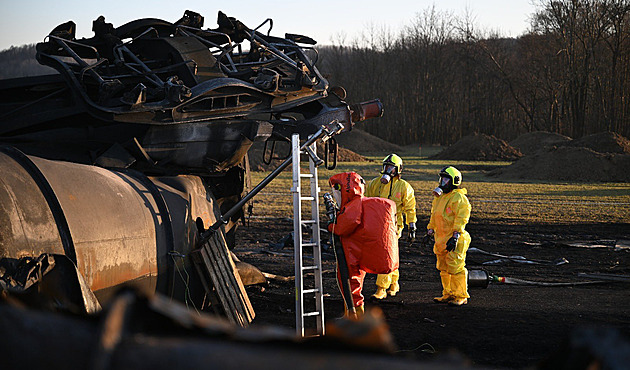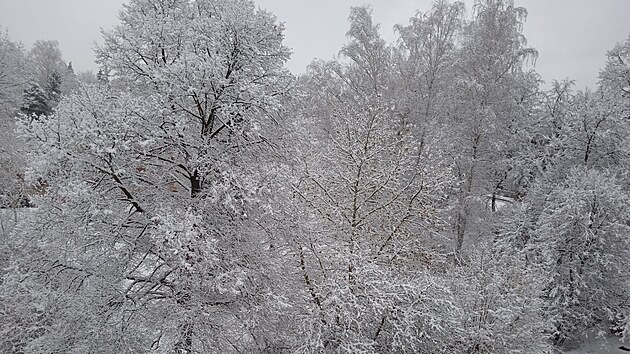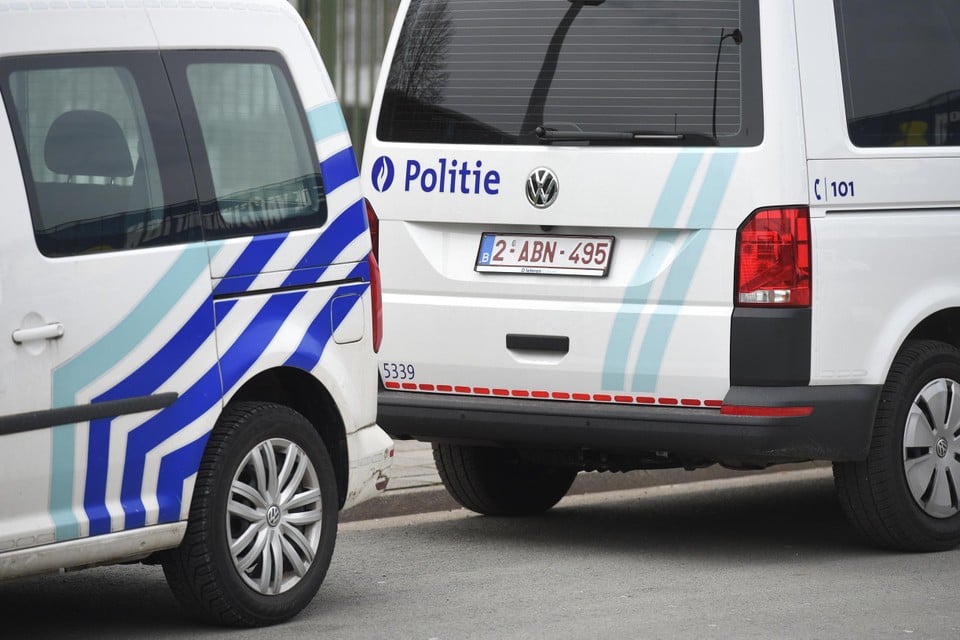Bench remediation may last two years, the company deployed was also liquidated by Yperit in Libya

The deconta specializes in the disposal of the consequences of environmental disasters and accidents. Among other things, he has experienced experience in Libya with the disposal of Yperit combat after the overthrow of the Muammar Gaddafi regime.
According to Mothejl, the most important steps are the removal of the primary focus of pollution in the coming days, which is a yard. He categorized benzene pollution as considerable.
“If someone wanted to think of how to make the greatest possible harmful accident, they would use benzene and rail tanks, which means a large content of the contaminant, and an accident in a permeable hydrogeological environment, which is here. No one could think of a worse variant, ”he summed up.
“Therefore, this pollution will be disposed of gradually, in the first years. It can be estimated that there will be at least two years of remediation work – it is a remediation of groundwater and rock environment, ”added Mothejl, who directly participates in the intervention.
Dekonta, which is included as the other component of the Integrated Rescue System and participates in the liquidation of industrial accidents, sent dozens of its specialists from the emergency service. They always study hydrogeological conditions before intervention.
Measures taken so far are probably working
In the case of Hustopeče, they operate on a very permeable hydrogeological environment that negatively affects the range of contamination spread.
“To quickly map the contamination cloud, we chose the fastest method when we dug up in the expected direction of groundwater flow in the assumed direction of the probe, currently about twenty, four of which are hit by benzene. Benzene on the surface of the groundwater is drained to prevent further spread, ”said Mothejl.
Meanwhile, groundwater pollution is about 0.7 milligrams per liter, a dangerous level for fish is at 3.5 milligrams. According to experts, benzene dissolves up to about ten percent of its volume, the rest remains on the surface.
« The concentrations are slowly decreasing, as evidenced by the fact that the works have been done well, » Mothejl said.
Next week, experts want to design the system of remediation of the whole territory, starting with the removal of the primary focus of pollution.
“One of the first measures will be to separate the lakes with a barrier, that is, for example, by taking clay or some other barriers, so that it does not avoid. The water stretches into these places from the lakes, mixes with benzene and then can go back, ”said Petr Bejček, CEO of the Czech Environmental Inspectorate.
The deterioration of the situation can bring rain
It should also be prevented by the Norwegian walls with sorption snakes that take off the benzene, but the situation may be dramatized if the rain comes. These also increase the risks according to Mothejl.
« The weather deterioration can be expected on Monday, until then I think that we will have a massive system that should maintain and prevent these negative effects, » he added.
The decontal is equipped with unique technology, many devices were created on the basis of a grant of security research by the Ministry of the Interior. The company also has its own research center.
For example, it has tanks with the possibility to draw and transport first -class flammable, special pumps for pumping groundwater, which are designed for explosive environments, or equipment for combustion of contaminated air. It also uses detection and biotechnology systems.







